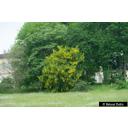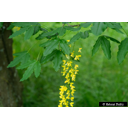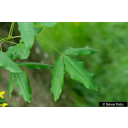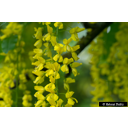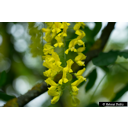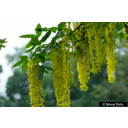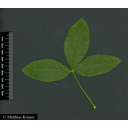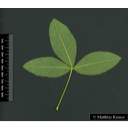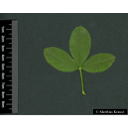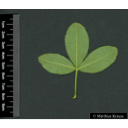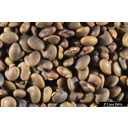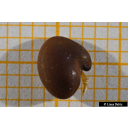Useful information about the taxon (species, subspecies, variety...)
Laburnum alpinum (Mill.) Bercht. & J. Presl
Fabaceae (Leguminosae, Papilionaceae)
(APG IV)alpine golden-chain tree, Scotch laburnum
Taxon concept: Plants of the World Online
Distribution: Europe: France and Benelux, Apennine Peninsula, Central Europe, eastern Central Europe, Balkan peninsula, Eastern Europe
Flowering period: V - VI
Laburnum alpinum (Mill.) Bercht. & J. Presl - Accepted: Laburnum alpinum (Mill.) Bercht. & J. Presl bei Zander 2008; Familie: Fabaceae (Leguminosae, Papilionaceae) (Zander 2008)Laburnum alpinum (Mill.) Bercht. & J. Presl - Accepted: Laburnum alpinum (Mill.) Bercht. & J. Presl bei The Plant List (2010); Familie: Fabaceae (Leguminosae, Papilionaceae) (APG III)Laburnum alpinum (Mill.) Bercht. & J. Presl - Accepted: Laburnum alpinum (Mill.) Bercht. & J. Presl bei The Plant List (2010); Familie: Fabaceae (Leguminosae, Papilionaceae) (APG IV)
- Color of flower
- yellow
- Flowers
- hermaphrodite flowers with vanilla scent; flowers in pendulous racemes
- Flower ecology
- insect-pollinated (entomophilous)
- Life form
- shrub or tree
- Leaves
- palmately compound
- Foliage persistence
- deciduous
- Fruits
- flat legume (2-5 cm long)
- Soil conditions
- on moderately moist, slightly acidic to neutral, moderately nutrient-poor to nutrient-rich soils
- Light conditions
- partial shade
- Natural occurrence (habitat)
- mountain forests and scrubs, stony hillsides
- Vegetation typ and synecology (plant community)
- temperate montane mixed forests; in the associations Lonicero-Fagenion, Abieti-Fagenion and Abieti-Piceion, commonly together with Fagus sylvatica or Ostrya carpinifolia
- Life span
- long-lived (over 400 years old)
- Usage
- ornamental plant in gardens and parks; wood is used for inlays, furniture making, and musical instruments, formerly also for Scottish bagpipes
- Altidudinal lower limit (sea level in m)
- 500
- Altitudinal higher limit (sea level in m)
- 2,000
Anderson, M. D. et al. (2001): Acer glabrum. In: Fire Effects Information System, [Online]. U.S. Department of Agriculture, Forest Service, Rocky Mountain Research Station, Fire Sciences Laboratory (Producer). See: https://www.fs.fed.us/database/feis/plants/shrub/acegla/all.html; The International Plant Names Index (2009). Published on the Internet http://www.ipni.org; Courtesy to IPNI, 2009. Exported from IPNI at date: 2009-09-22 20:17:51;
Diese Webseite verwendet Google Maps, um Karten und Standorte von Pflanzen in den Hohenheimer Gärten anzuzeigen. Dadurch werden unter Umständen Daten an Google weitergeleitet, was mit einer Verarbeitung Ihrer personenbezogenen Daten verbunden sein kann. Die Datenschutzerklärung von Google finden Sie hier: Datenschutzerklärung von Google
| Sex | Standort | Accession number | Planting year | Donation | IPEN | Lat. | Long. |
|---|---|---|---|---|---|---|---|
| Parzelle O | EG-O-003-23353 | 2005 | XX-0-HOH-EG-O-003-23353 | 48,7087708875 | 9,2094415201 | ||
| Alkaloide | Marz-23720 | 2023 | XX-0-HOH-Marz-23720 | 48,70918064 | 9,21178802 | ||
| Alkaloide | Marz-23720 | 2023 | XX-0-HOH-Marz-23720 | 0 | 0 | ||
| Parzelle M | SP-MB-020-2860 | 2021 | XX-0-HOH-SP-MB-020-2860 | 48,7117661024 | 9,2156625179 |

